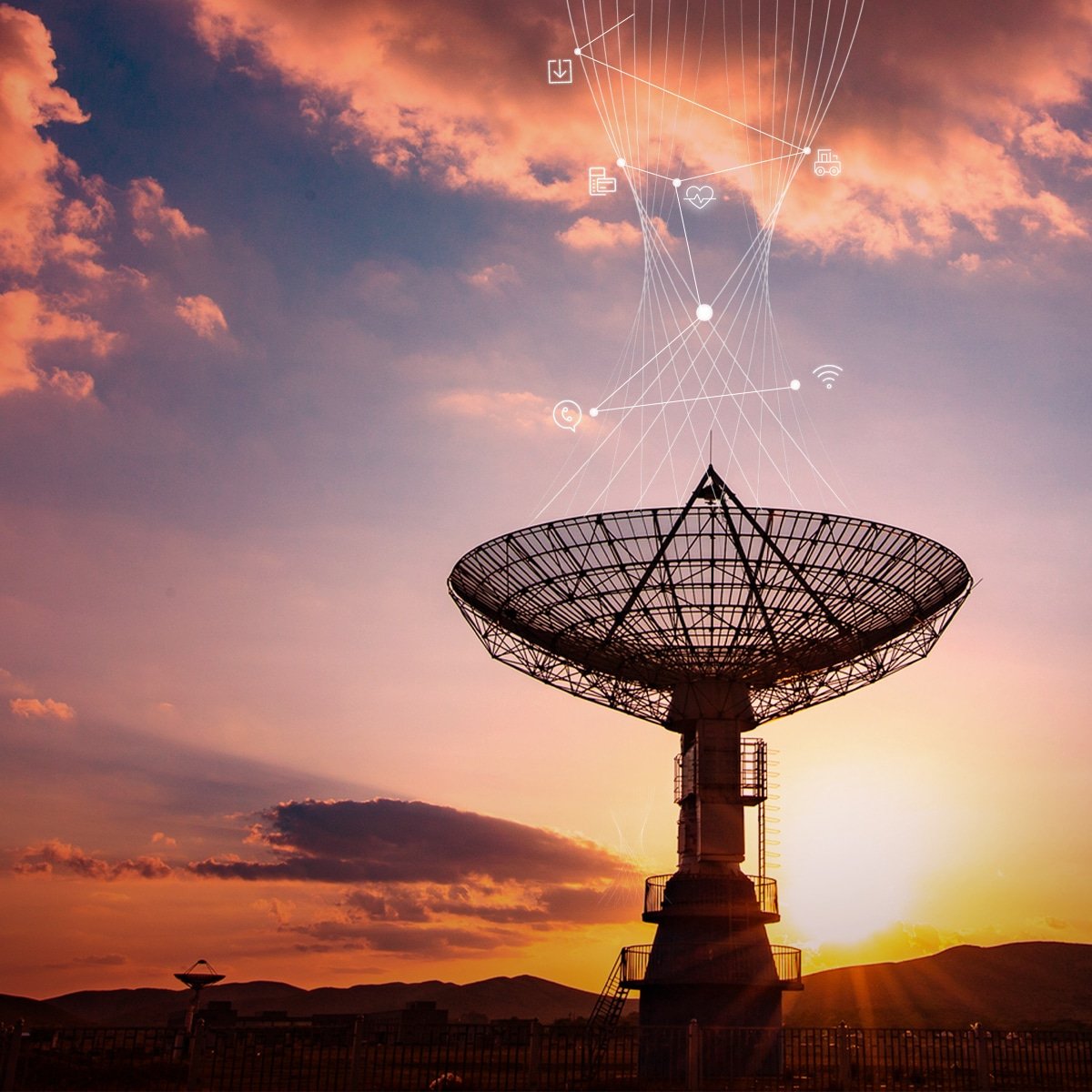
How telecommunication companies are using technology in agriculture and healthcare in Africa
Connected phones can save lives and secure food
In Africa, the internet of things (IoT) plays an increasingly important role in sectors like agriculture and healthcare.
Traditionally the provider of voice, data connectivity and mobile payments solutions, the telecommunication sector is now using technology to build an entire ecosystem around the individual consumer. Ultra-modern technologies and applications that leverage our hyper-connected lives are being piloted as commerce, the full range of financial services with social media and entertainment all conducted and consumed on one platform.
In the developed world, IoT enables Smart cities, homes, manufacturing and a range of other connected industries and services. In developing Africa, it’s enhancing livelihood security and access to basic healthcare services.
Agriculture:
Agriculture in Africa is being affected by climate change and water shortages, yet there is a growing population in need of sustainable food security and greater financial inclusion.
According to GSMA, mobile subscriber penetration in Sub-Saharan Africa in 2020 was 46% and is expected to reach 50% by 2025. More importantly, smartphone adoption was at 48% in 2020 and is expected to reach 64% by 2025. It’s not uncommon in Africa to have access to a mobile phone but not to water or electricity.
These high levels of connectivity and cell phone penetration means that farmers can benefit from real-time data. This can materially enhance crop yields, soil quality analysis, resource management, tracking of livestock, farm security management, sustainable pest control and reduction of post-harvest wastage.
To leverage the power of the internet of things, MTN, present in 19 African countries, has partnered with Aotoso Technology in a proof-of-concept process to provide connected collars for cattle in the Sudanese cattle market. Using sim cards on the collar and their cell phones, farmers can get vital information about the cattle, which they can use to inform feeding and breeding strategies as well as prevention of cattle theft.
Orange, present in 16 countries in Africa, has co-developed Wazihub. Wazihub is an IoT innovation project that helps mainly informal sector farmers with monitoring their livestock and crops for better disease detection and irrigation strategies.
Vodacom, present in 7 countries in Africa, has MyFarmWeb which collects data from multiple IoT sensors across the farm, the data is then collated centrally on an App and can be used to make crucial decisions. There are 77 Farms in the eastern Free State province of South Africa that use MyFarmWeb and its precision farming technology to gather data in farming corn, soybeans and sugar beans.

Healthcare:
Another area where IoT can have profound impacts in Africa, is healthcare. Covid-19 accelerated digitalisation across all industries, none more so than healthcare. In South Africa, regulations were relaxed for virtual consultations and also now allow virtual medicine prescriptions.
Vodacom’s technology subsidiary IoT.nxt developed a thermal camera to help businesses track and manage the spread of COVID-19.
Another Vodacom company called Mezzanine, developed mVacciNation solution – an electronic health record solution that supports vaccination coverage. South Africa’s national Department of Health uses mVacciNation to support its COVID-19 vaccination programme. Mezzanine, through IoT, also helps actively track movements and stock levels of PPE and other vital healthcare materials.
Hospital Group Netcare, notes a trend of participatory health and care where patients are increasingly shifting towards wellbeing, wellness, convenience and integrated personalised health care. IoT serves as an important enabler of this trend.
IoT can literally save lives while democratising access to quality healthcare services and support. For example, MTN has a strategic partnership with Quro Medical who operate a tele-medicine service in South Africa. Connected by MTNs IoT suite of products, Quro has created a platform which enables the remote monitoring of patients’ vital signs. Patients wear various light, compact biosensors which collect vital signs and connect to a smartphone. This information can be tracked by a team of healthcare professionals. Healthcare services can be delivered without patients having to travel long distances to and from clinics and hospitals. This alleviates pressure on hospitals and creates greater convenience for patients.
In Côte d’Ivoire, Orange, along with various other partners are making strides in HIV patient monitoring and treatments as well as vaccine programmes for young children particularly in areas of historically low uptake. IoT is not without its challenges. Given the sheer volume of personal and business data being collected, analysed and stored, cyber security as well as protection of personal information becomes paramount. Scepticism and lack of full understanding on IoT could result in slower adoption. In Africa, high unemployment also plays into the decision on whether to fast track IoT adoption or not. Roll-out of 5G, which requires appropriate Spectrum, is also important for the rate of adoption of IoT. One thing for sure is that IoT will become part of the fabric of society, the pace of adoption remains to be seen.

